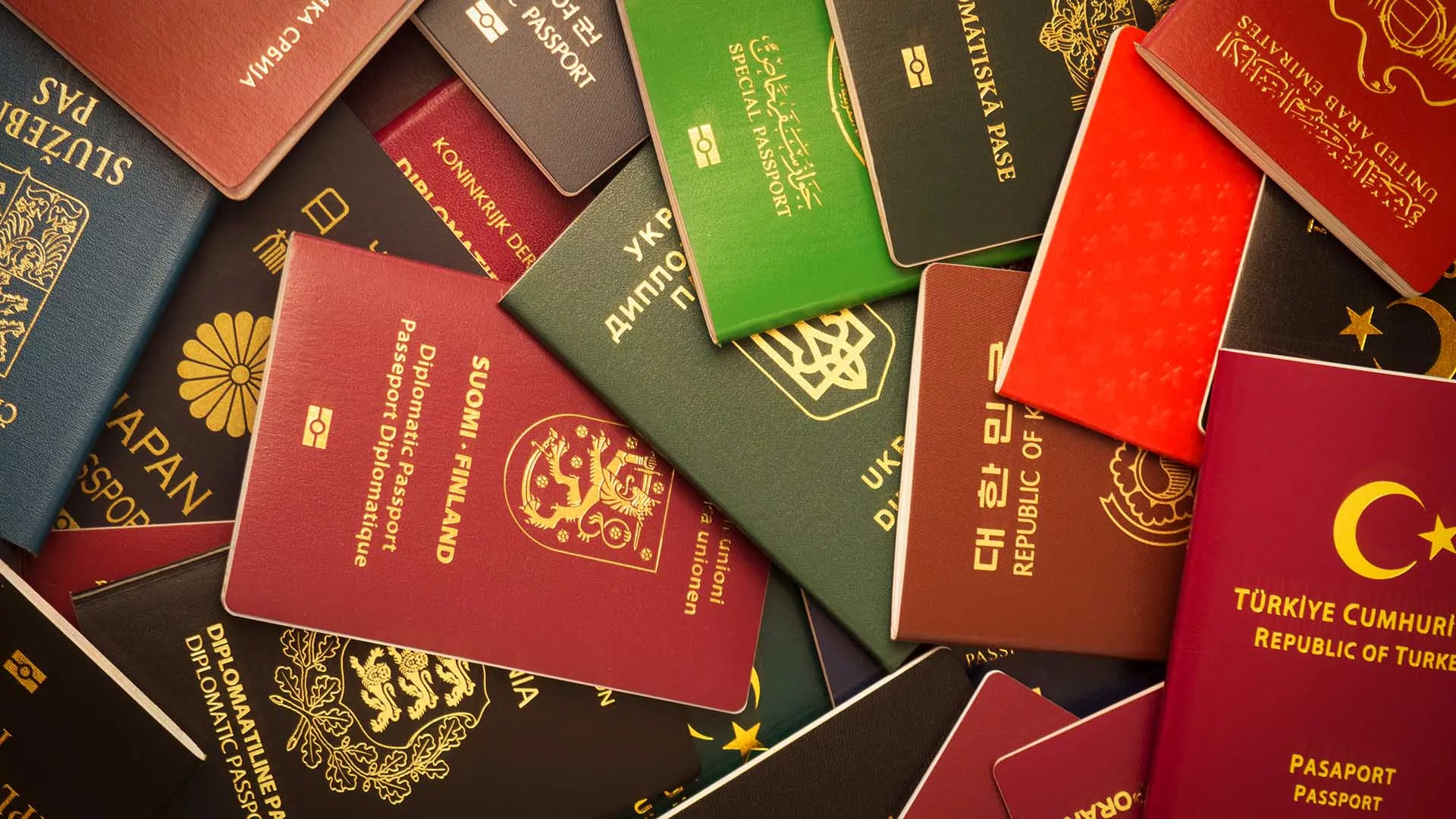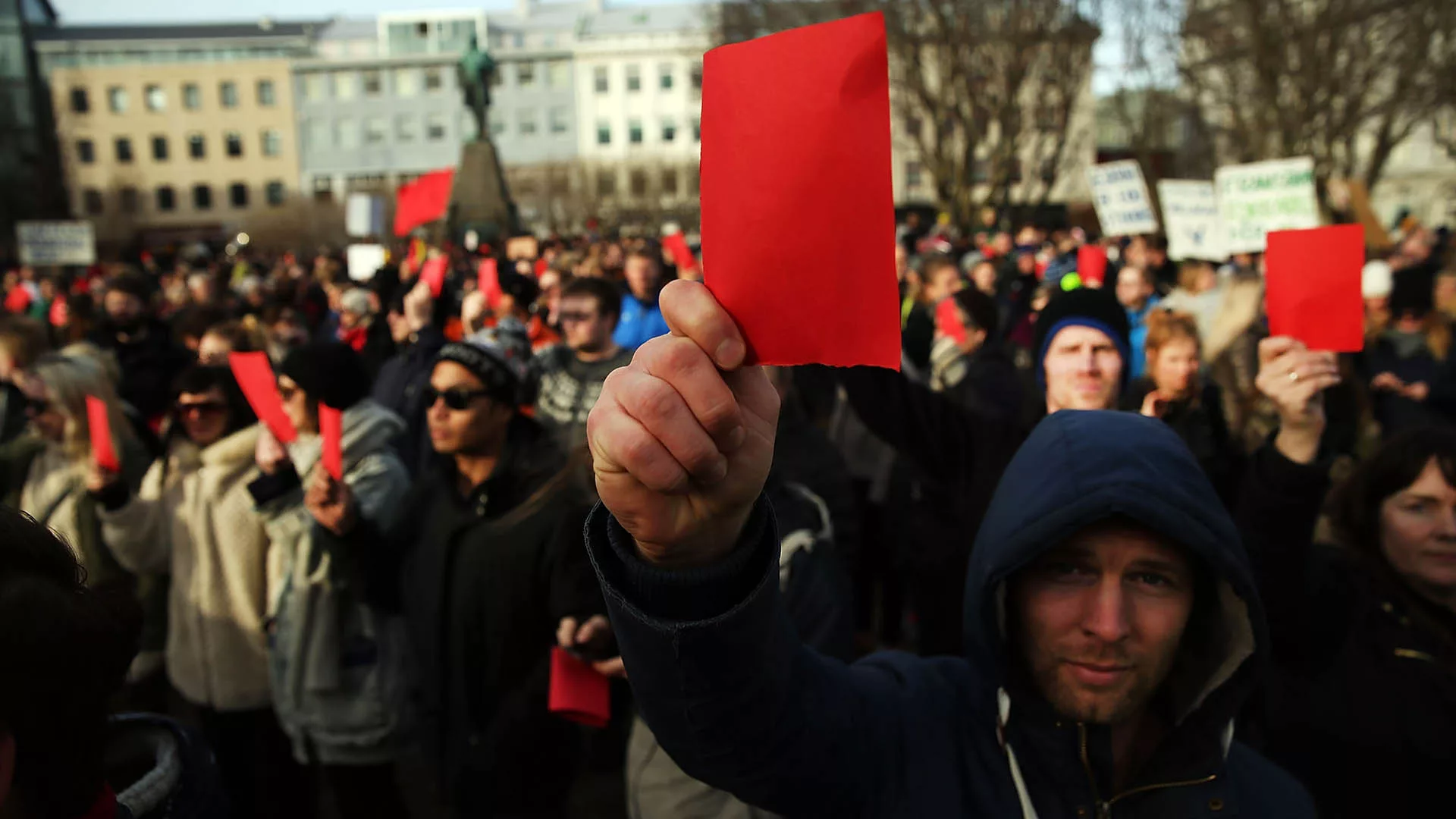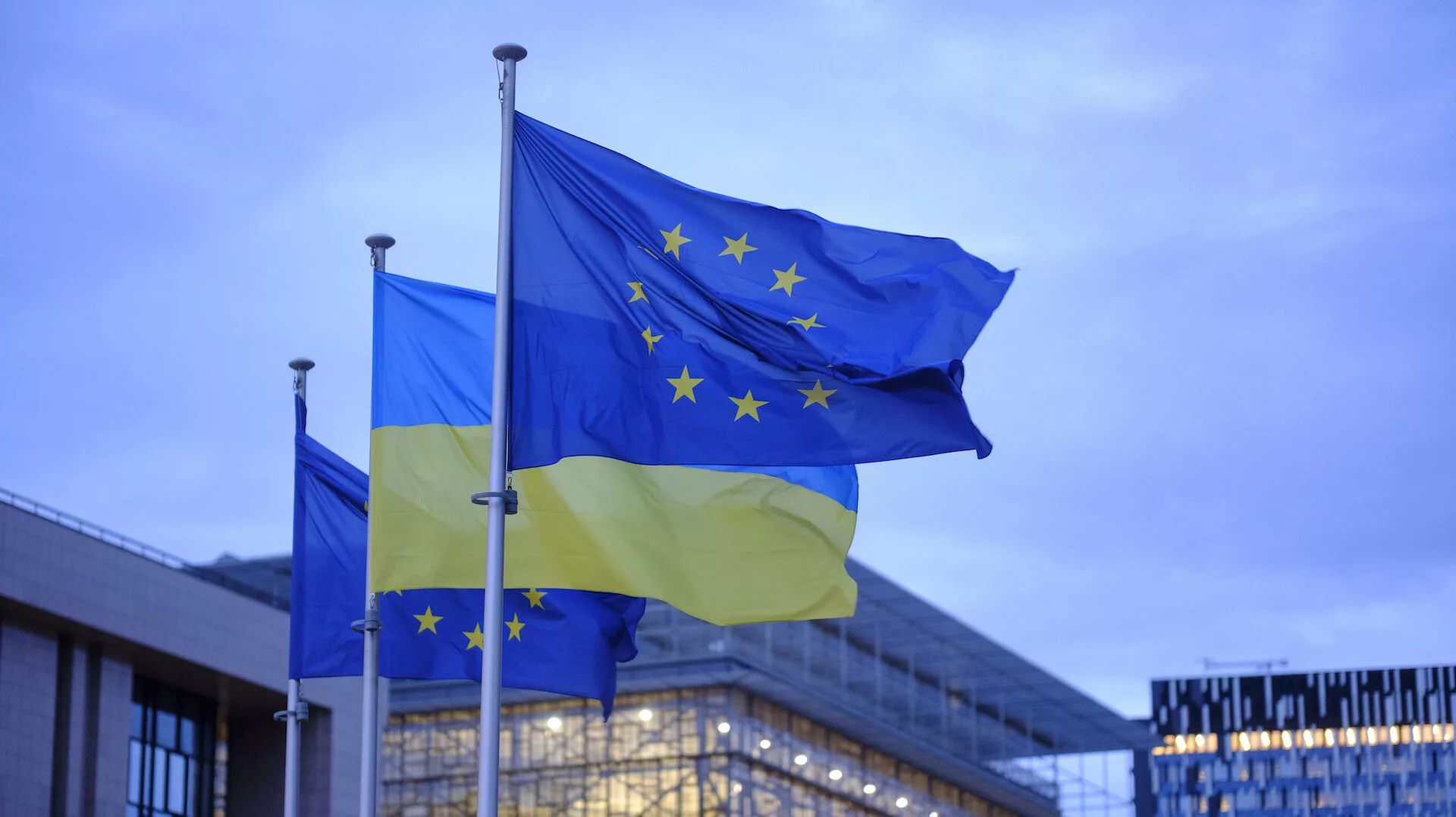In this week’s roundup we start off with a brief look at crypto. The relationship between crypto and sanctions is once again being questioned after Iran’s new import regulations provide a potential loophole for the country to skirt sanctions.
In AML, a new report has called on Switzerland to get tougher on money laundering. The country is due its next FATF country report (making it Switzerland’s fifth) in 2024, but Switzerland is also set to update its AML regulations next year.
We also briefly look at sanctions, with an insightful piece from Al Jazeera who questions how damaging the sanctions have been for the Russian economy. Aside from sanctions against Russia, Israel has sanctioned 20 individuals and companies over links to money laundering for Hamas.
Finally, we look at the war on drugs. The new Colombian administration is taking a new stance claiming the war on drugs has ‘failed’ and is looking at a new approach to tackle the illegal drugs trade. Australia had its largest ever bust of methamphetamine last week, worth over £900million.
These updates are emailed to our KYC360 subscribers every Friday. Subscribe here!

Multiple factors have led to bad actors turning to crypto in order to fund and profit from their illegal activities. There is one factor in particular this year that has raised many questions about the ability to regulate Web3 and Crypto – sanctions. As sanctions get tougher and fines get higher, bad actors are finding new ways to keep a hold of their illicit gains.
As part of their Sin Week, which is delving into how crypto and Web3 are being used by illicit industries, CoinDesk looks at how impactful AML systems really are at combating financial crime.
Iran has recently approved of new regulations that will allow for the import of any goods to the country. This comes just a few weeks after the country’s Trade Development Organisation approved its first official import order using cryptocurrency. The new regulations could possibly help Iran skirt U.S. sanctions whilst demand rises for crypto as a result of the country’s weakened economy.
As non-fungible tokens (NFTs) become increasingly popular, questions have been raised about how they should be treated. Given the huge profit potential trading these assets, NFTs have increasingly come to the attention of regulators, opening a debate about whether NFTs are securities and whether financial regulations designed for tradable financial assets should apply.

A new report released by the Swiss Federal Audit Office (SFAO) has called for Switzerland to ‘get tougher’ on money laundering. The report mentions that SFAO audits have “revealed weaknesses” that pose a reputational risk for Swiss authorities. Switzerland is set to update its AML laws starting next year before FATF begins its analysis on the country in 2024.
Wise, the money transfer firm, has been hit with a $360,000 fine by Abu Dhabi’s financial regulator. The FSRA had found that Wise “did not establish and maintain adequate AML systems and controls to ensure full compliance with its AML obligations”.
The UK has finally taken a much-needed step to stop the flow of dirty money flowing through the London property market with the implementation on August 1st, 2022, of the Register of Overseas Entities (ROE). Yet it was first suggested over six years ago and took the invasion of Ukraine to galvanise the government into action. But critics think it doesn’t go far enough, for example if someone owns less than 25% of a company’s shares, they won’t have to disclose their stake.
Australia’s AML agency AUSTRAC has ordered Perth Mint to appoint an external auditor due to its concerns over company’s potential failure to comply with regulations. The external auditor will have 180 days to conduct the audit before they must report back to AUSTRAC.
The financial industry is unfortunately blemished by dirty money circulating within the system. And while asset managers have traditionally swerved the money laundering impact faced by their banking counterparts, progressive capabilities from financial criminals are forcing the sector to notice glaring flaws in their AML processes.

Transport Malta has suspended officials over their involvement in a high-profile corruption case. Three officials were suspended due to the case that dates to 2020. One of the officials claimed they had been pressured by a minister into helping certain individuals pass their driving test.
Five people have been arrested on suspicion of defrauding Croatia’s primary oil and gas company of over $133million. The group is accused of selling the company’s gas abroad for 10 times the purchase price and pocketing the difference for themselves. A day after the arrests, Croatia’s Police and the Office for the Suppression of Corruption and Organized Crime (USKOK) froze $108million of the illegally obtained funds.
New York’s Metropolitan of Art is facing increasing scrutiny as US police and federal agents crack down on international art smuggling. Nine warrants have been obtained since 2017, with six of them being just from this past year. The largest seizure which occurred back in July, ended up with 21 allegedly stolen ancient works worth more than $11million being confiscated.

20 individuals and organisations accused of laundering money internationally for the terrorist organisation Hamas have been sanctioned this week. Israel’s Defence Ministry believes Hamas’ holdings to be in the hundreds of millions of dollars.
The wife of President Putin’s spokesman posted videos of herself online while holidaying in Greece, despite the fact that Tatiana Navka and her husband Dmitry Peskov are subject to EU sanctions. The footage has angered many people who say the sanctions are making little difference to Russia’s elite.
Six months after the unlawful invasion of Ukraine, Al Jazeera investigates the impact the sanctions imposed by the West on the Russian economy. In some cases, the sanctions have been an ample opportunity for local entrepreneurs.
Japanese Prime Minister Fumio Kishida has instructed his cabinet ministers to continue diplomatic responses including sanctions against Russia and maintain close coordination with the G7.

During his inauguration festivities, Colombian president Gustavo Petro announced, “It is time to accept that the war on drugs has been a complete failure”. However, the new government has said it’s planning to overhaul the country’s policies towards illegal drugs, including dedicating police resources to pursue cartels and launderers rather than the farmers who grow the illegal crops.
Researchers from the Australian National University (ANU) in Canberra has found that 40% of the cocaine tested by Canberra’s CanTEST Health and Drug Checking Service since mid-July contained “no cocaine at all”.
1900kg of methamphetamine has been seized by Australian officials in their largest ever bust of the illegal drug. The seizure, which was hidden in marble tiles, is estimated to be worth over £900million. In the week before, officials seized over 1000kg of the drug hidden in the exact same way.
Count this content towards your CPD minutes, by signing up to our CPD Wallet
Published by: riskscreen.com




